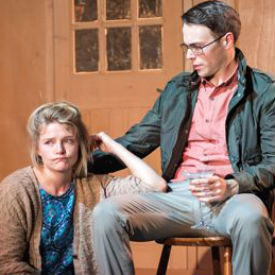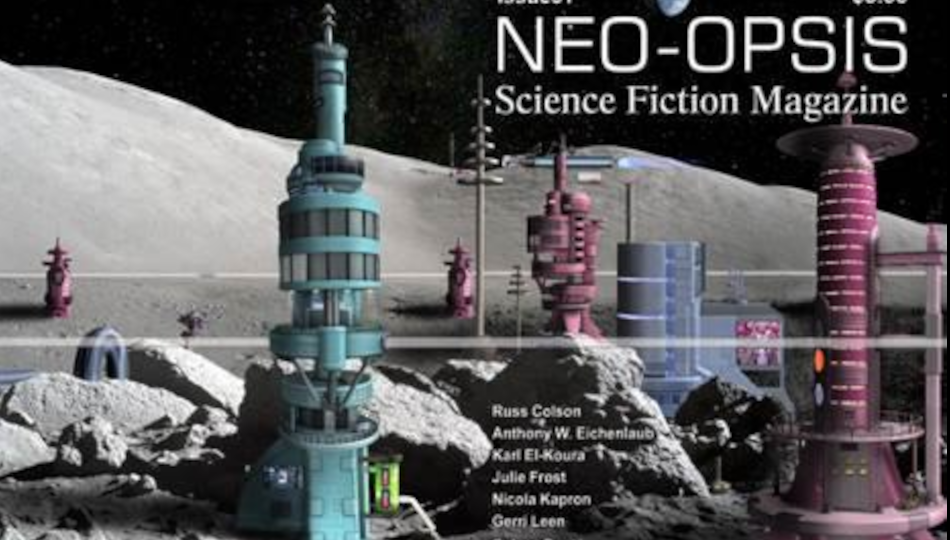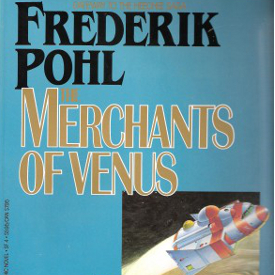 Perfection isn’t all it’s cracked up to be, especially in an imperfect world.
Perfection isn’t all it’s cracked up to be, especially in an imperfect world.
We start in a somewhat unconventional setting for a play of this nature. The interior setting is domestic and rustic; a shelter from the techno-centric world we run in. The couple Violet (played by Matti Houghton) and Mark (played by Geoffrey Breton) have set up their own little base away from the protests against human enhancements in order to start their new family “naturally.”
Of course, as we expect, this is soon to change.
This plan falls apart when the secret from Violet’s childhood is revealed; that she was physically enhanced as a child. From a couple who have tried their best to avoid this increasingly breached divide between humanity and technology, it has always been a part of their lives together. In the same manner as the play does in disguising its SFnal flavours are the clues fed to us, piecemeal.
What is interesting is the way I followed the play. I had the good fortune of reading the script beforehand but what SF Theatre can bring is, of course, the element of human interaction; unlike the Film and the TV serial where each scene we see is the result of several takes and playing to mainly a camera crew. Anything could change on the stage and the audience can provide an atmosphere off which the actors feed. As soon as we hear of her augmentation, I observed Violet closely to see if I could tell the difference between herself and Mark; a rather foolish action as of course it’s hard to see where the character ends and the actor begins. (I’m exploring this by reading up on Julia Walker’s Text/ Performance split, whereby we oscillate between the notions of actor/ character, world/ stage specifically in terms of Science Fiction). The relationship between them begins to disintegrate, with the characters now seeing each other in a different light.
Without spoiling the plot too much, there are elements that are not unlike the human developments that are taking place now. We have transhuman MPs in the world, with the movement H+ having some significant impact. For people in the play to have this attitude towards transhumanism as foreign and capable of future shock is a little unlikely when a figure like Michael Jackson is seemingly erased from public memory. However, the question of what makes us human is asked with some effectiveness; how far we should go with perfecting ourselves on a curative and cosmetic level. This thought experiment is carried out in all stages of life; how much we want our children to be improved, to how it would affect our lives and relationships, and to the concept of “death” in an extrapolated posthumanist future.
However, there are some plot points which I found a little hard to connect with—and it wasn’t to do with the SF tropes. The character Violet, upon being overridden (her circuits are fried and her robotic parts cease to function) takes her inevitable oblivion with a certain nonchalance. Her fate has been literally in the hands of her partner (another concept brought up with human enhancement—who controls the substances we would use and could they be illegally accessed?) and her extreme stoicism is hard to swallow. Is her faith in the posthuman age the reason? Does she see it as a sacrifice to a greater ideal outside of herself—to become “authentic”?
Nevertheless, the play is accessible and allows the audience to immerse themselves into the future of possibility, as well as the pitfalls and the triumphs that technology can bring. The lighting design is impeccably done—it is not intrusive but serves the purpose of emphasising the divide between human and cyborg (especially at the end). As a piece of Science Fiction, it is not groundbreaking in the concepts it covers but it is adept in conveying the trope theatrically in the midst of a domestic setting—how these ideas could affect us, our partners and our children. There are very darkly comic moments in the play, which are carried out with great aplomb by Matti and Geoffrey, highlights amongst the more sinister undertones of what it is to be human, and how these realities and ideals can affect our relationships with each other.
Override by Stacey Gregg was part of the Ideal World Season at Watford Palace Theatre, London.











1 Comment